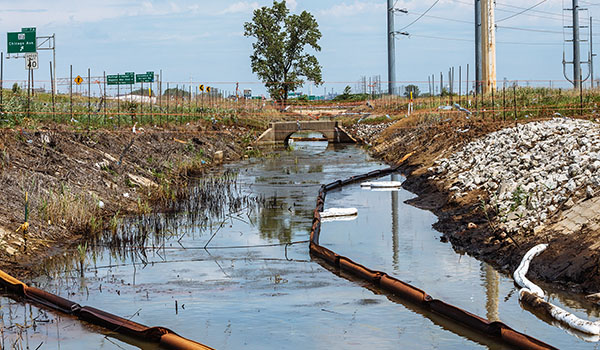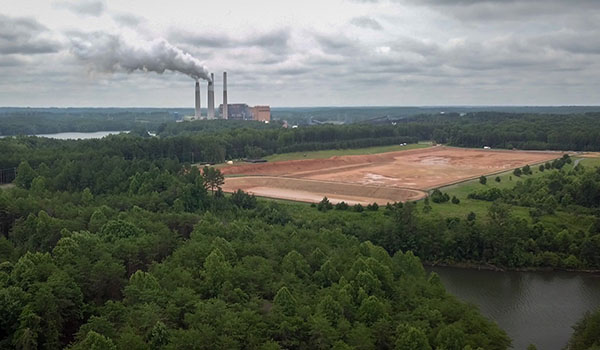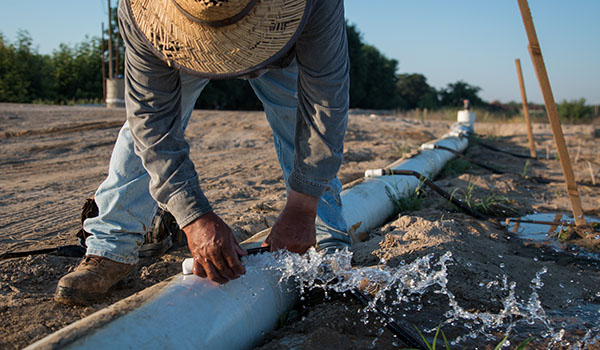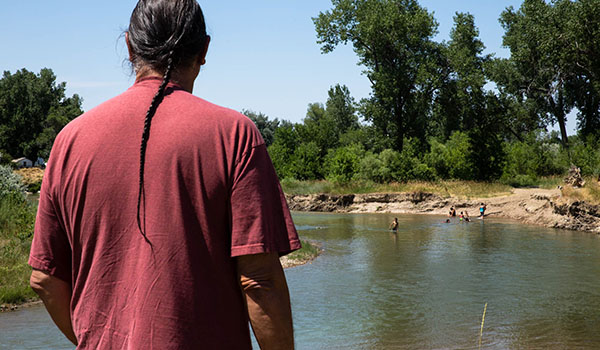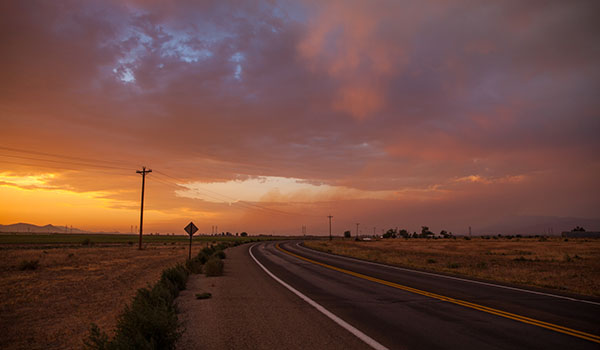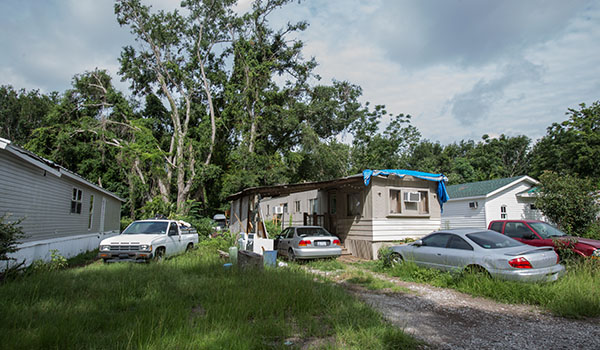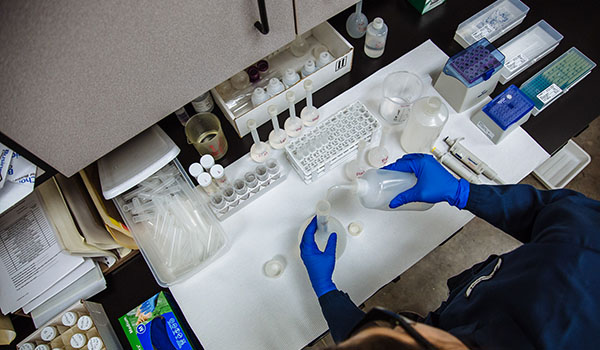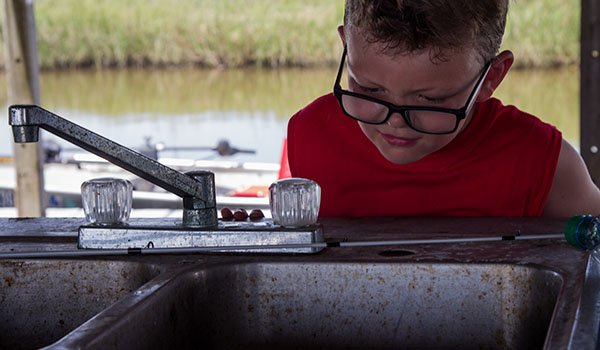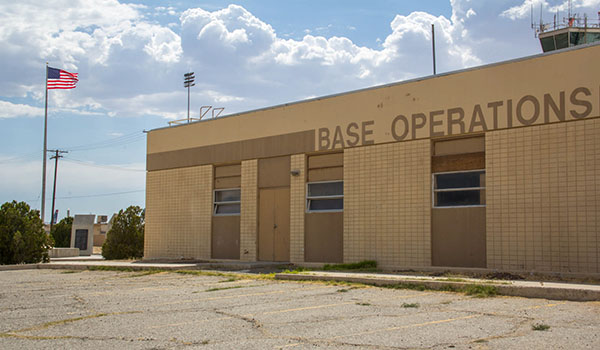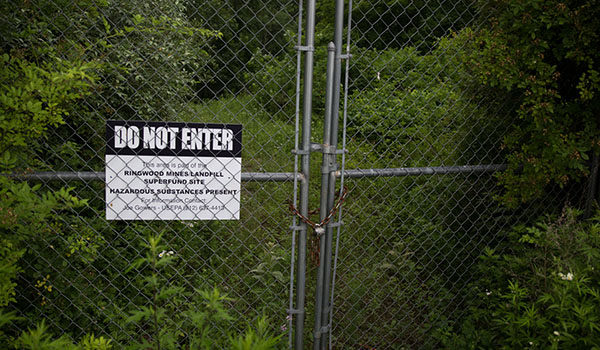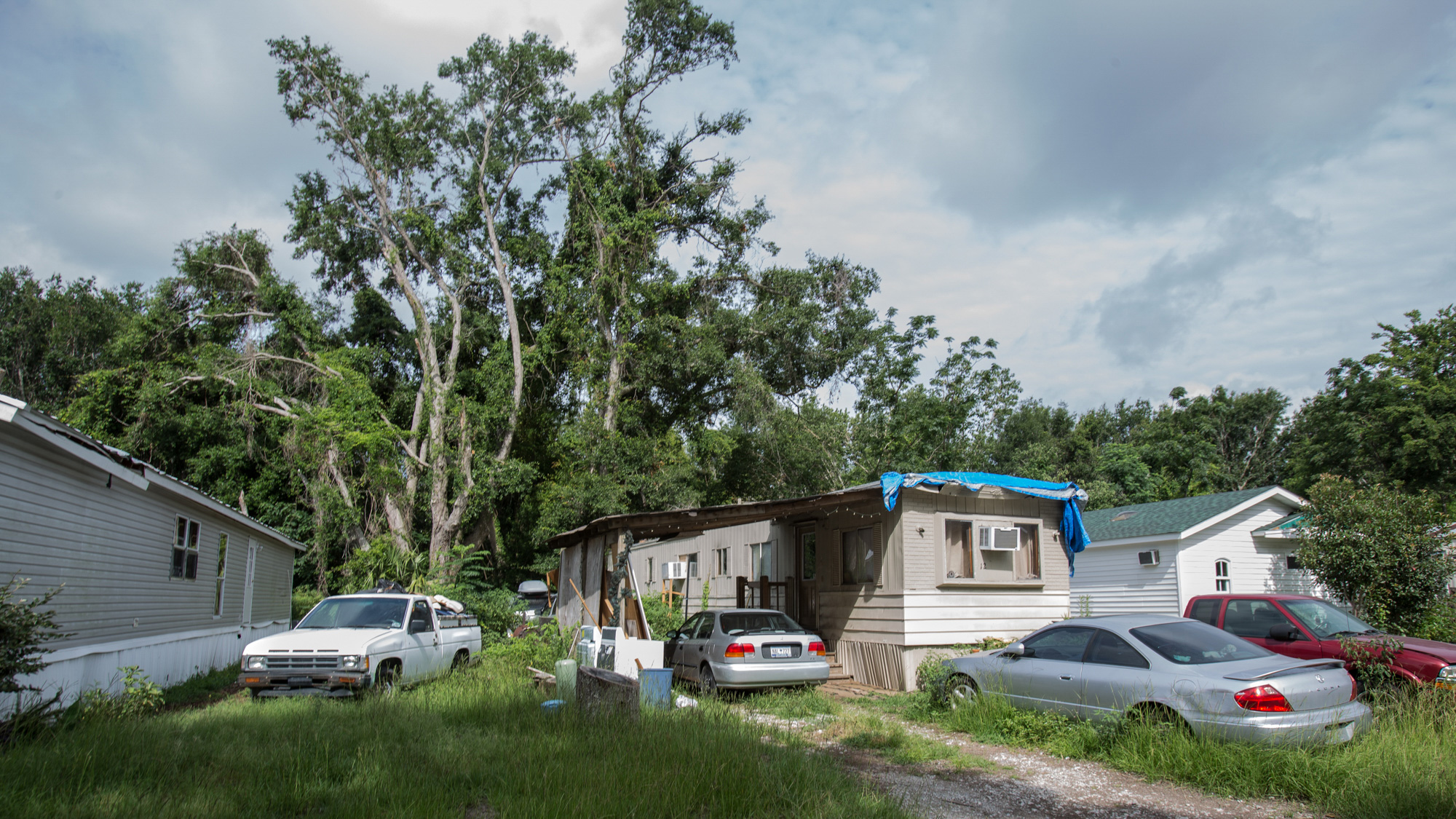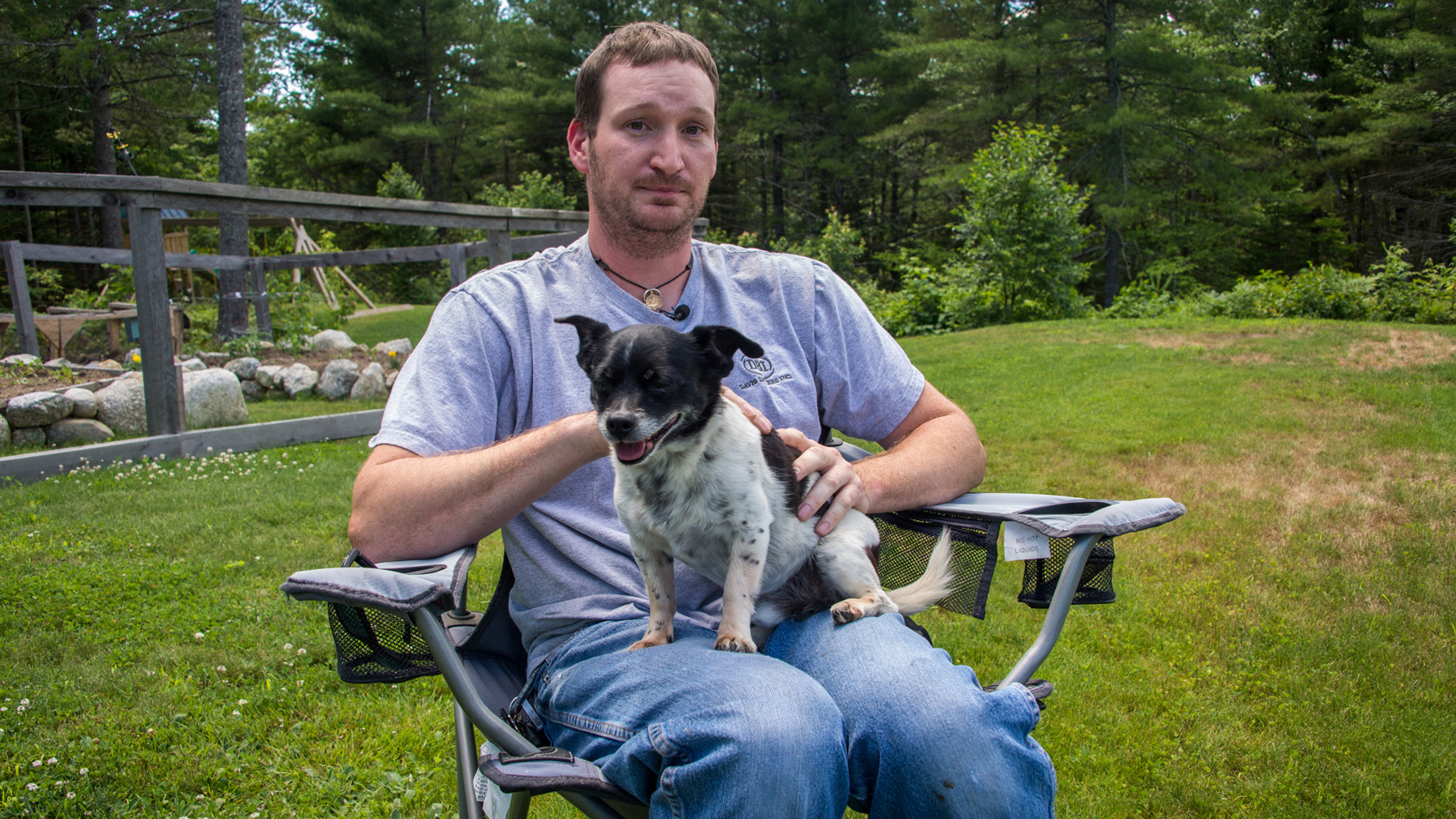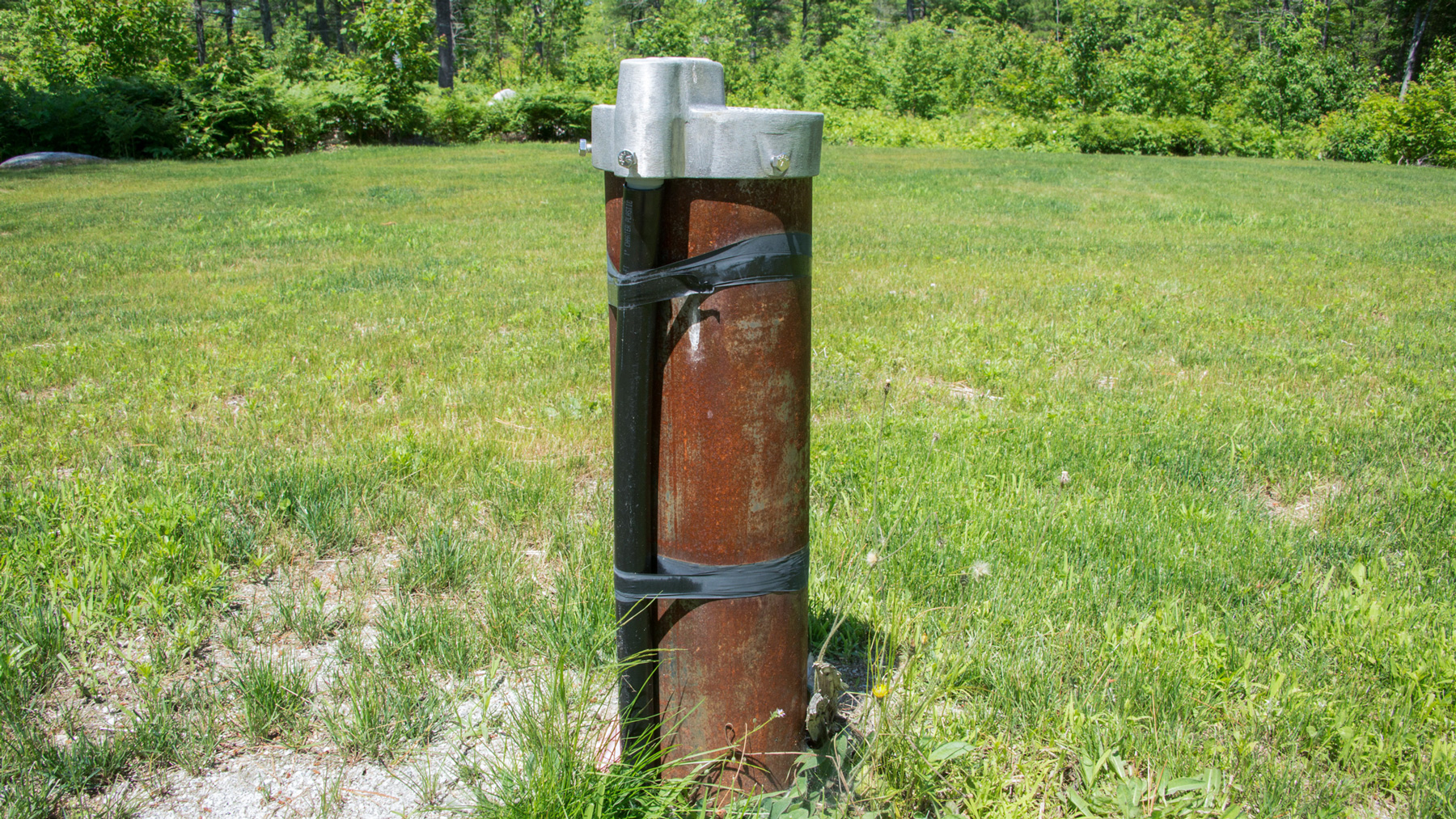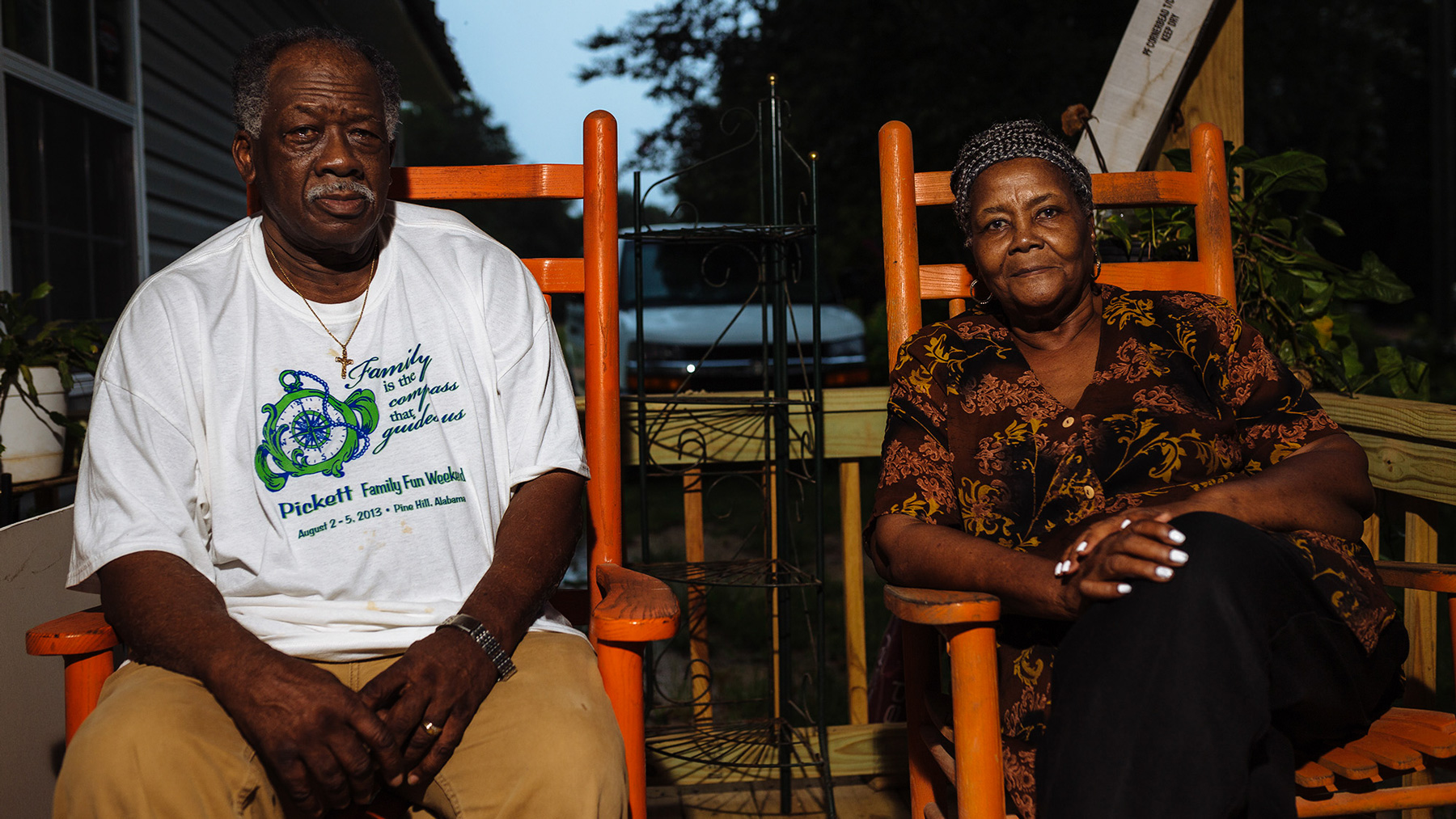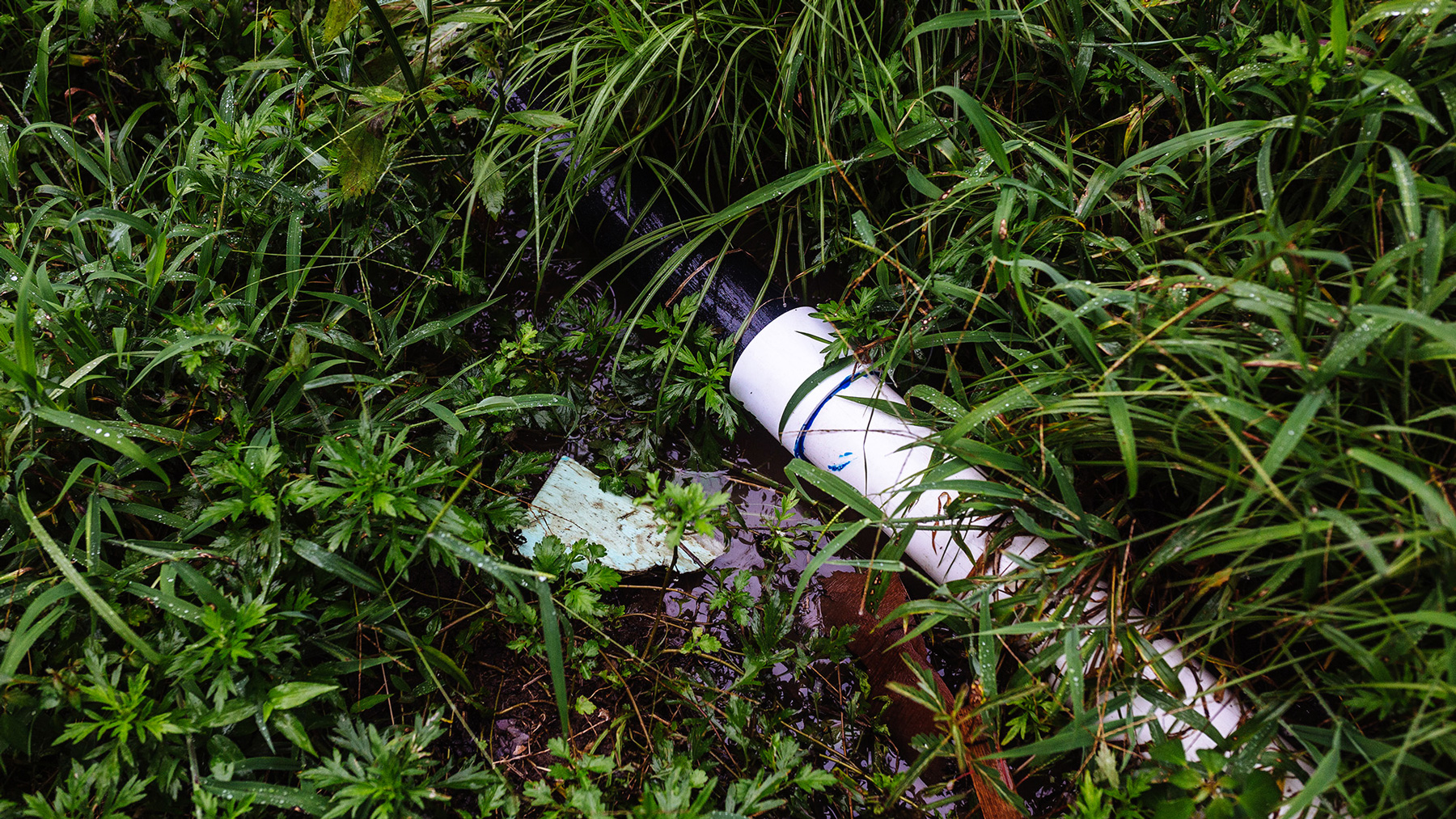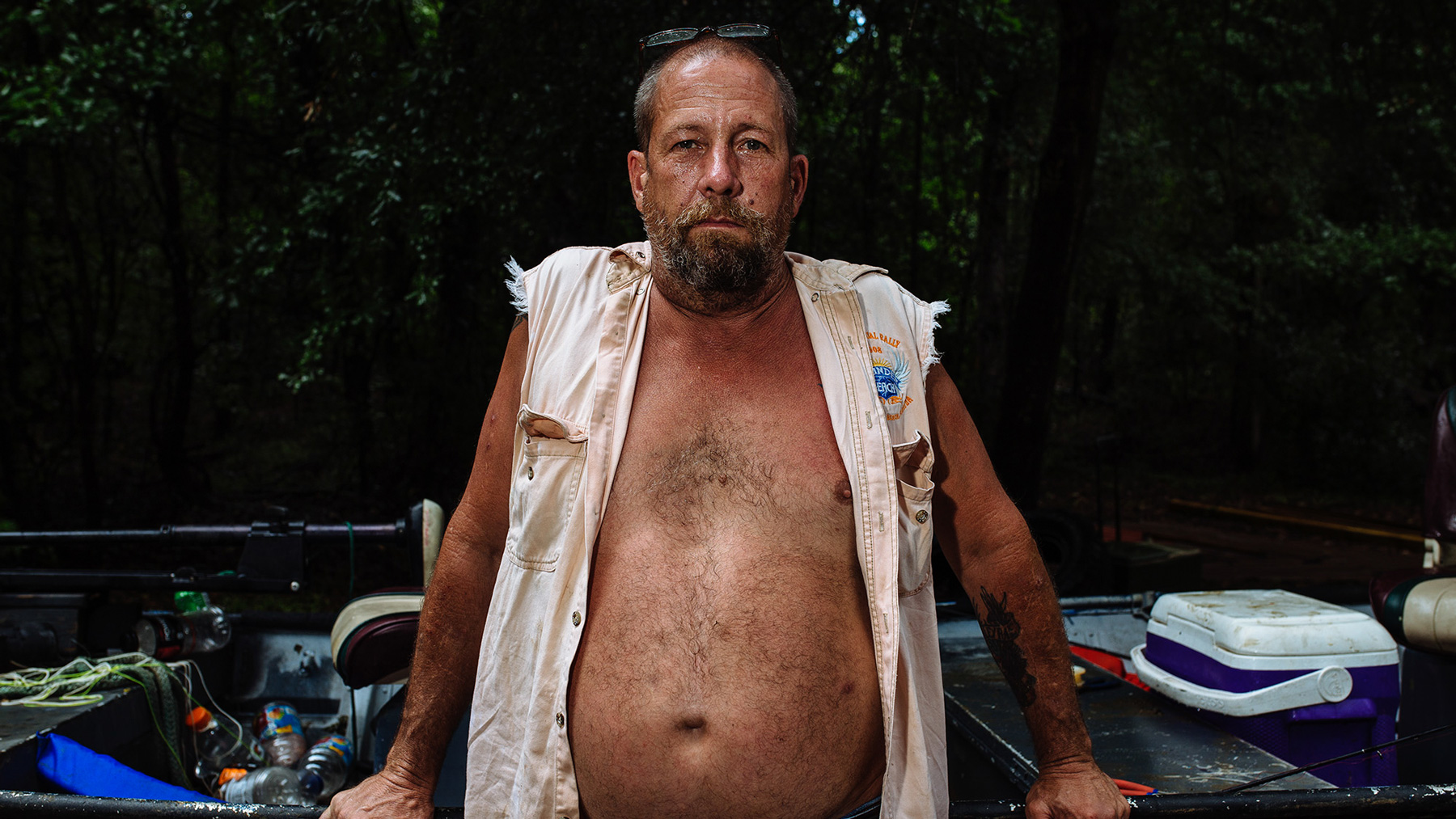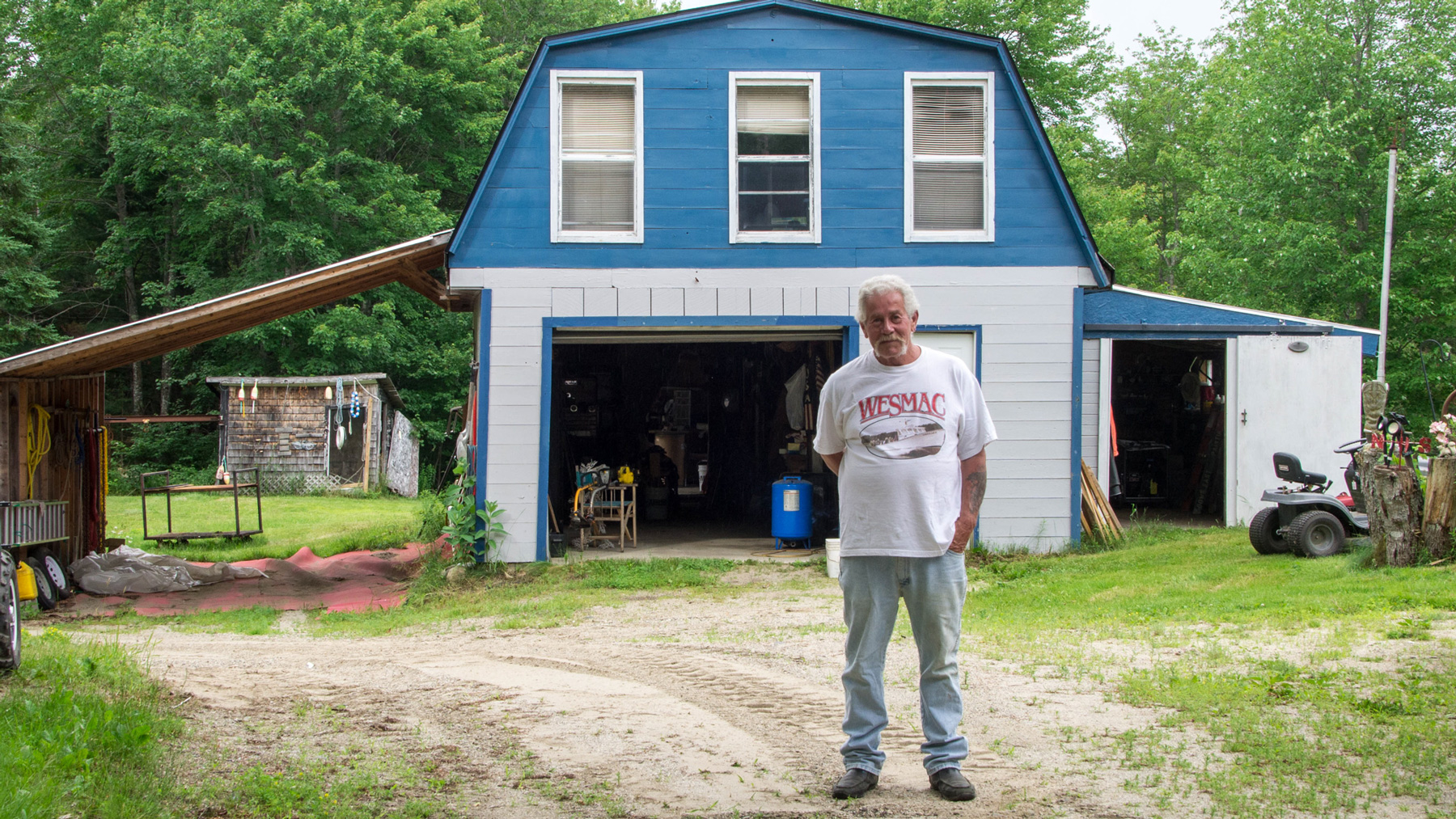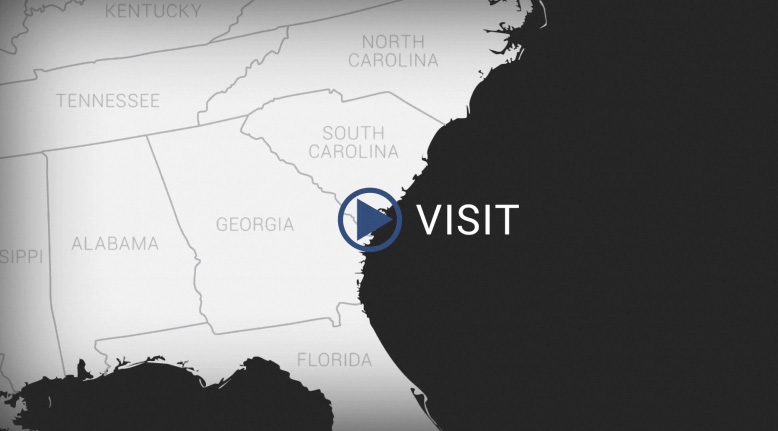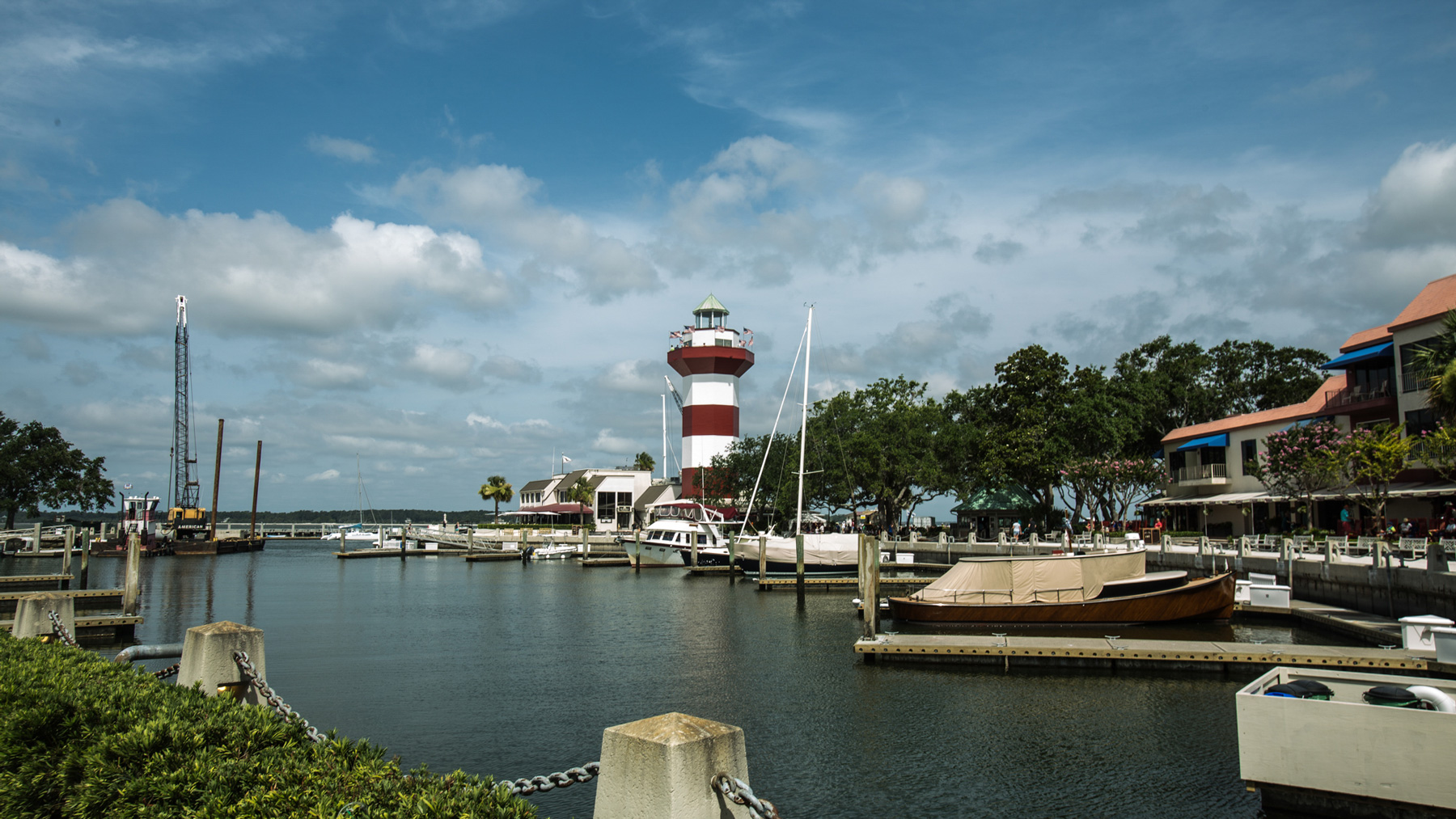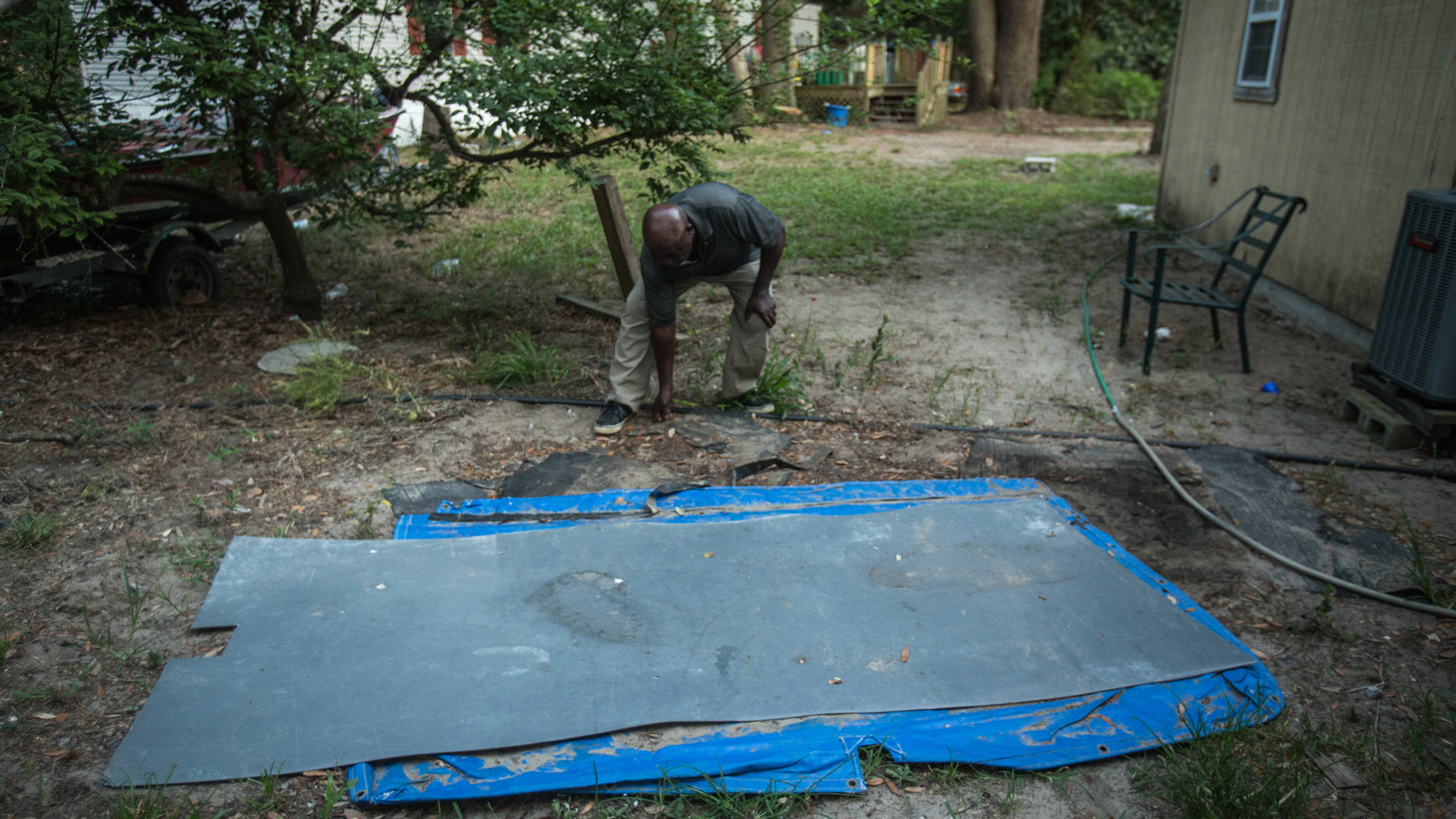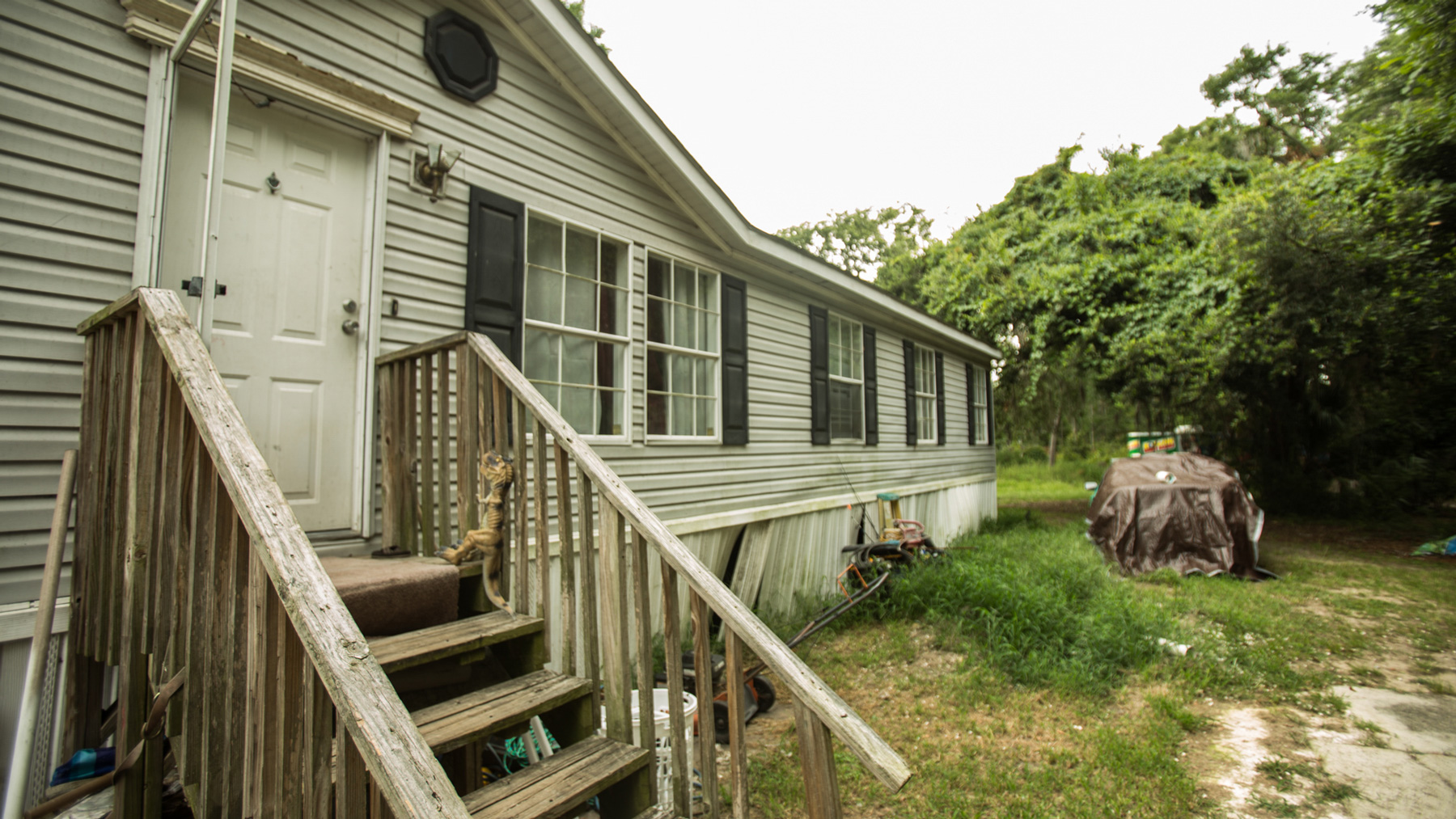Lax oversight puts millions of private well users at risk
SURRY, Maine — Most of the 43 million Americans who rely on private wells don’t know if their water is safe to drink because unlike the regulation of public water systems, there is no government monitoring of wells.
The responsibility lies with owners, many of whom never test their wells because of cost, disinterest and a lack of knowledge about what could be in groundwater. Yet their wells could be contaminated by substances such as arsenic or uranium from bedrock, nitrate and manure runoff from farming, or human waste from the well owners’ own septic systems.
Water quality experts Leslie DeSimone and Bruce Lindsey of the U.S. Geological Survey’s National Water-Quality Assessment Program told News21 that the water in millions of wells is likely to be contaminated. In 2009, DeSimone conducted a study for the USGS and found that 23 percent of surveyed private wells were contaminated. She said these figures remain “reasonably representative.” Lindsey added that “it’s more likely that (groundwater) concentrations are moving slightly higher.”
“National figures like 23 percent mask the fact that some places are better than that and others are worse,” Lindsey said. “Especially for private well owners, the responsibility is almost always on them to test and treat their water, which many don't do.”
